Jul 12, 2023
10 Powerful Reasons To Use The Web for Diligence
Resources

The web is the largest and most cost effective source available. Using the web to find information must be a regular part of your diligence program.
The World Wide Web is an unrivaled source for diligence. This seems obvious but maybe people you work with are:
- unfamiliar with the breadth and depth of useful material available on the web
- concerned about the quality and truthfulness of information found on the web
- convinced that allowing people to freely navigate the web will be inefficient or waste time
- unaware that information they rely is coming from the web
And so, for one or more of these reasons your team may lack adequate access to the web including, restrictions on the ability to freely roam online. Well here are 10 powerful reasons to regularly use the web as a source of diligence information.
These are not in a ranked order, each is equally important and different reasons appeal to different people’s issues and concerns.
Reasons Why the World Wide Web is a Great Source of Diligence Material
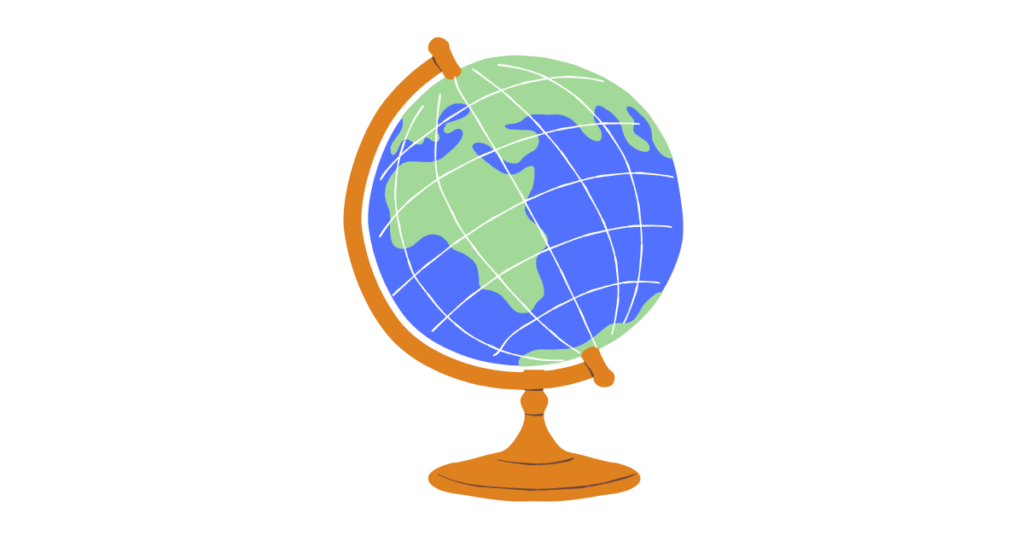
Geographic Scope – material from all over the world. Current information, historical material, archives and the latest news from your local area or from just about any place in the world it is probably on the web.
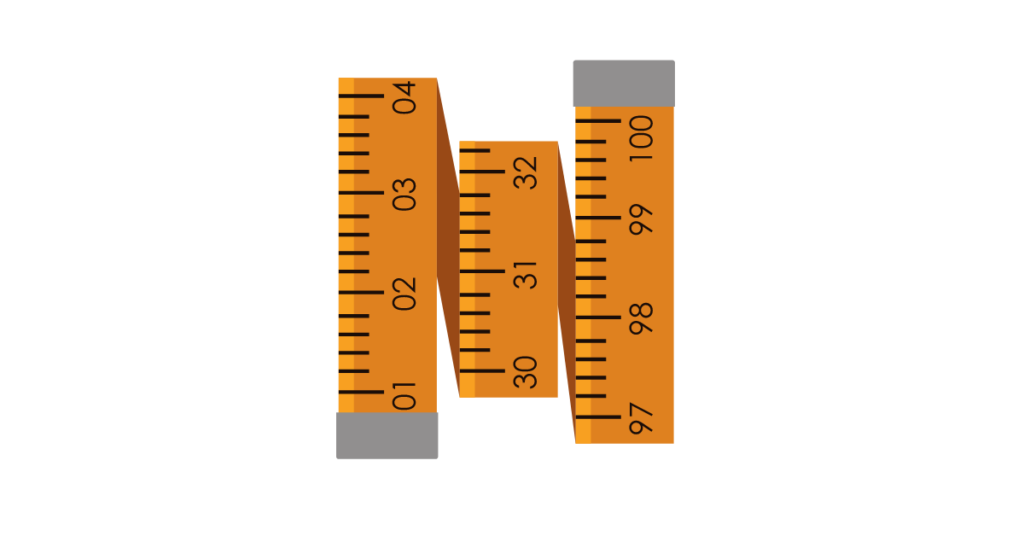
Size – The actual size of the web is debatable. There are different ways to measure and many of the measurements are educated guesses or extrapolations. Since the coverage of a search engine is often considered proprietary, the best sources of this information, the search engines, keep it secret. But Google’s Inside Search Tutorial describes its own index, which is the largest but does not cover the entire web, as containing “hundreds of billions of webpages and is well over 100,000,000 gigabytes in size”. We do know that there is no offline source bigger than the web.
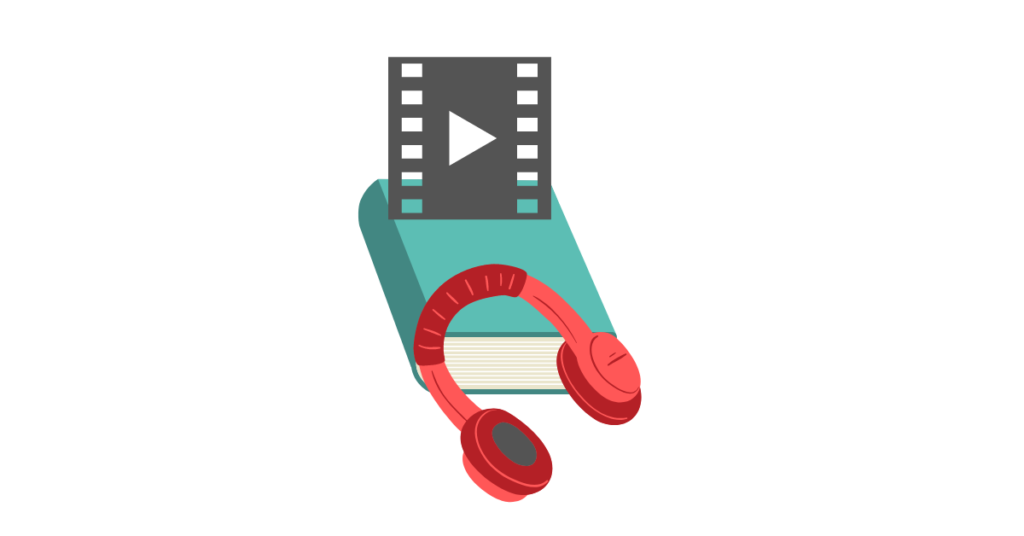
Variety – On the web you find opinions, facts, reporting, news, fiction, nonfiction, photographs, drawings, maps, graphs, charts, books, reports, magazines, newspapers, rumors and rumination, instructions, videos, podcasts, streaming channels, movies, documentaries, essays and thought. This material is available in all different forms including, text, audio, video and images.
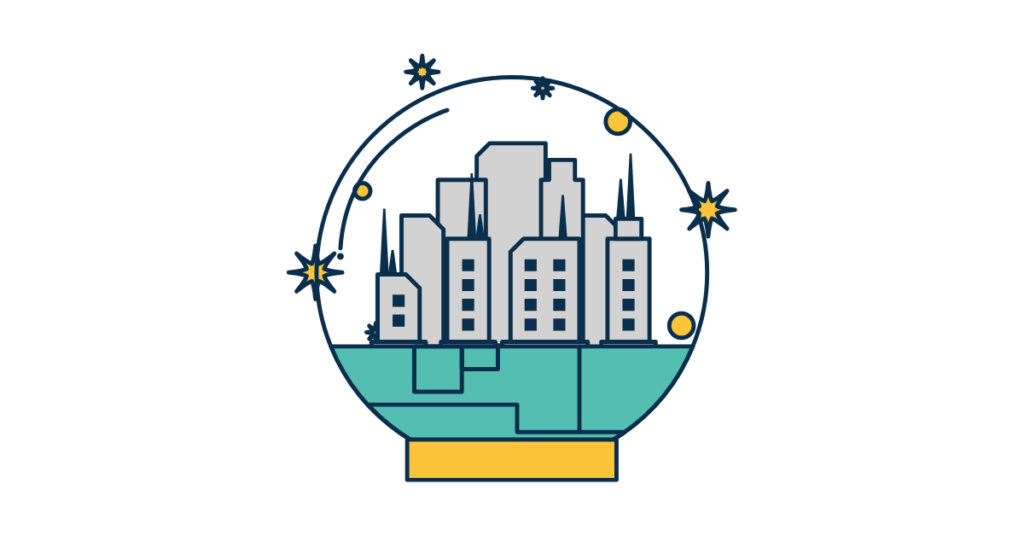
Experience – With certain sources you experience your information. Think about the difference between reading a description of a building and seeing a picture. The picture allows you to “see” more and form a more precise impression. Now, imagine that you have the experience of seeing the building on the street, zooming out, seeing the neighborhood and walking down the street. What if you can observe an actual live feed of the building and the area? With interactive maps, live streaming cameras and satellite images you can be transported to a place without leaving home.

Time – Material is available right now. Not that long ago you had to request material, wait for a response and then pick up the material or wait for the material to arrive in the mail. If you needed information quickly you paid for expeditors, couriers, requested faxes or had it telegraphed or telexed (remember telex anyone) and it was always possible that none of these methods would be available. Now you access information in seconds.

Cost – Often free of charge. The web has enabled global forms of publishing, advertising, marketing, communication and distributing content that has significantly driven down or eliminated the price associated with distribution tasks. If there is a charge, the charge is usually lower than in the past. Information middlemen are no longer needed and there are fewer monopolies on sources of information.

Accessible – information is untethered from physical location. You don’t have to leave your desk or anywhere else for that matter. Also, the web is a “portable” source. You can take it anywhere you go if you have a laptop or mobile phone. It’s not like a traditional library, information is no longer tied to a physical location which means you are not tied to a location. You don’t travel to information, information travels with you.
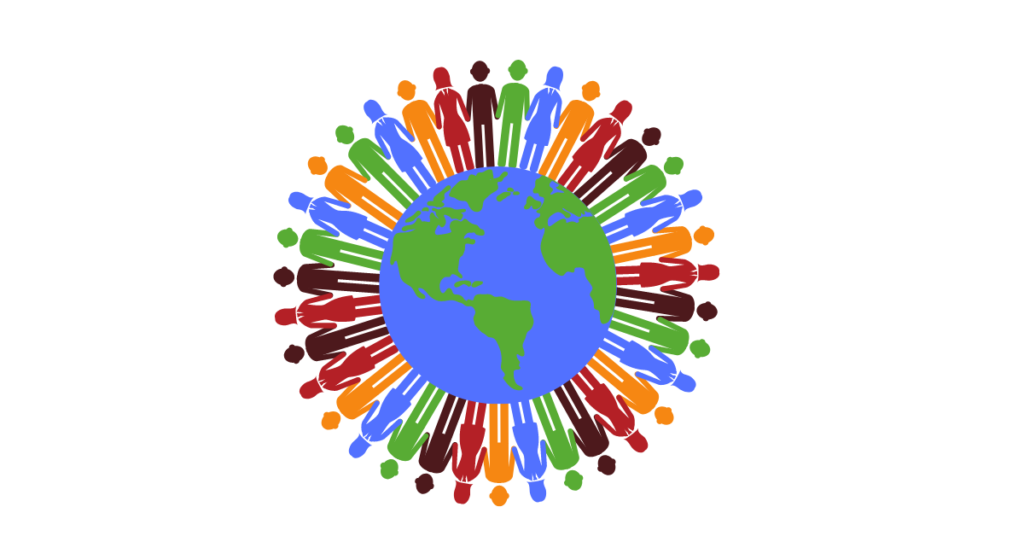
Participation – You have the ability to engage with the world in a participatory way. First, you can engage people to assist you with locating information. Second, you can generate new information when needed by using surveys, opinion polls and online focus groups. Approximately 65% of the world has some access to the internet so the web presents you with a large, diversified, reachable audience that is available through social media platforms, websites and other engagement platforms.

Exclusivity – for some entities, including governments, the web is the exclusive publishing platform of choice. If you want the content you must use the web. There is also another form of exclusivity beyond the concept of the web as a publishing platform. There are entire categories of materials that exist because the web exists. Material generated and posted on social media platforms is the big example. This infographic created by DOMO details how much data is created every minute and if you look at the prior year’s infographics you will get an idea of the incredible growth of information created online.
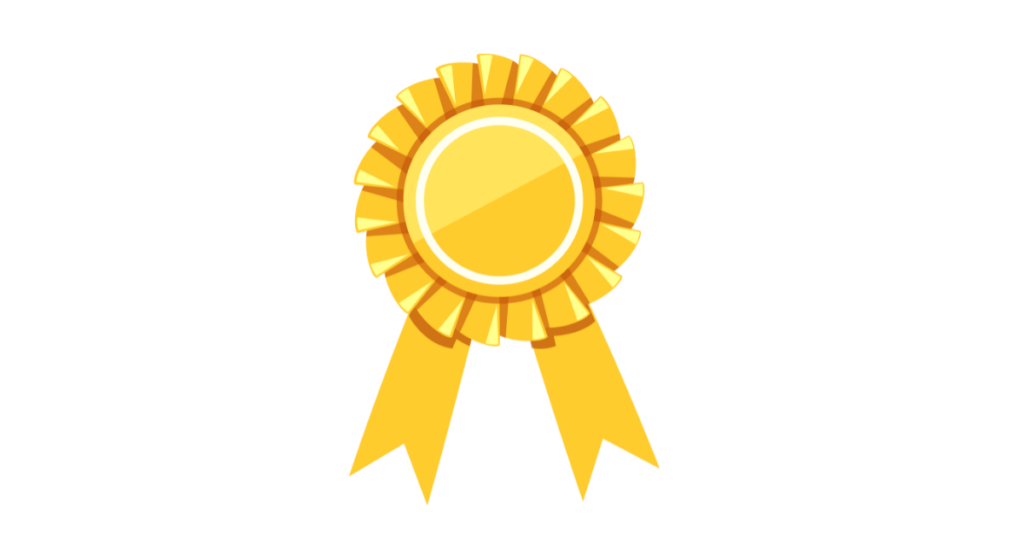
Standard – using the web to find information is standard. These counters provide a sense of the volume of use of the internet. The web may not be your only source of diligence research and material, but if you ignore it you take an enormous risk. The risk that the information that you need is available for free, at your fingertips, instantly and you have chosen not to find it.
Include the Web as a Source
It would be very difficult to defend not using the web as part of diligence. The web as a source, a giant source, not be ignored.
Do you make the web your only source?
It depends, depends on your project, your requirements, your budget and your organization but if you ignore the web as a source you do so at great risk. The risk that something important is right there, right now, in front of you.
Take advantage of all your diligence resource opportunities, particularly the one that is on your desk or in your pocket – – the World Wide Web.

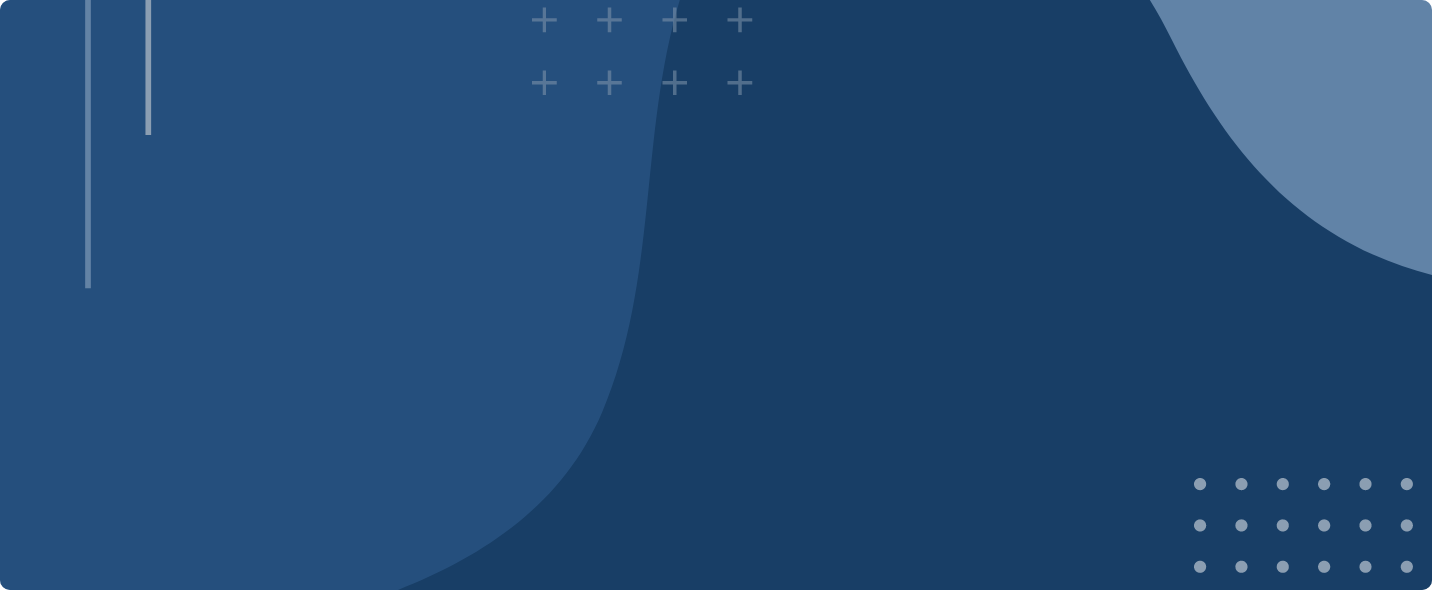
Subscribe for Diligence Updates
Get the latest updates, resources, offers, and more.
"*" indicates required fields
The Diligence File respects your privacy. Privacy Policy